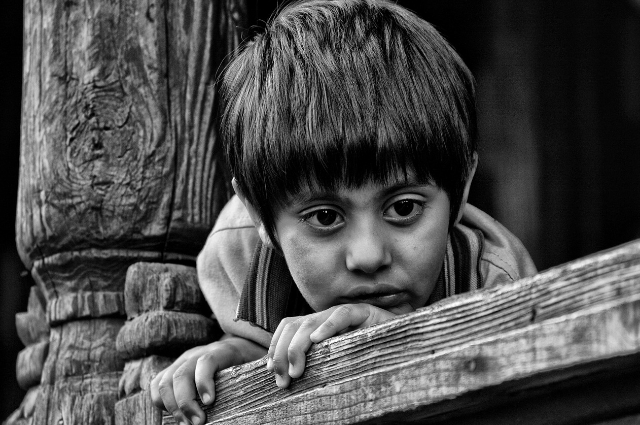
Childhood is a vulnerable and formative time, and experiences during this period can have a lasting impact on a person's life. Trauma, in particular, can shape a child's brain and increase the risk of mental health issues in adulthood.
Peer Pressure
Peer pressure can be a significant source of stress and trauma for children. Being excluded, bullied, or forced to conform to certain behaviors can lead to feelings of anxiety, depression, and low self-esteem. When children are constantly subjected to peer pressure, their brains can develop a heightened stress response, making them more prone to mental health issues later in life.
Family Pressure
Family pressure can also have a profound impact on a child's mental health. Expectations to perform well academically, athletically, or socially can create a sense of constant stress and anxiety. Children may feel like they're walking on eggshells, never meeting parental expectations. This pressure can lead to a fear of failure, perfectionism, and an increased risk of mental health issues like depression and anxiety disorders.
Impact on Brain Development
Childhood trauma, including peer and family pressure, can shape the developing brain. The brain's structure and function can be altered, leading to changes in emotional regulation, memory, and cognitive processing. The amygdala, responsible for emotional processing, may become overactive, making it harder for individuals to manage stress and anxiety in adulthood.
Child Abuse - An Ignored Reality
Child abuse is a devastating reality that affects millions of children worldwide. The physical, emotional, and psychological scars of abuse can last a lifetime, impacting a child's development, self-esteem, and relationships. As parents, caregivers, and role models, it is our responsibility to create a safe, nurturing environment that fosters healthy growth and development.
To help prevent child abuse and its long-term effects:
- Practice empathy and active listening.
- Validate your child's feelings and experiences.
- Set clear boundaries and consequences.
- Encourage open communication.
- Model healthy relationships and conflict resolution.
- Teach emotional regulation and coping skills.
- Provide a stable and predictable environment.
- Seek help and support when needed.
Additionally, parents can:
- Be aware of changes in behavior or mood.
- Monitor online activities and interactions.
- Teach appropriate boundaries with others.
- Encourage physical activity and healthy habits.
- Seek professional help when needed.
- Foster a sense of belonging and connection.
- Practice self-care and seek support for themselves.
Long-Term Consequences
The impact of childhood trauma can last a lifetime, increasing the risk of mental health issues like:
- Depression
- Anxiety disorders
- Post-Traumatic Stress Disorder (PTSD)
- Borderline Personality Disorder
- Substance abuse
Breaking the Cycle
While childhood trauma can have a lasting impact, it's not a guarantee of mental health issues. With proper support, therapy, and self-care, individuals can heal and develop resilience. By prioritizing your child's physical, emotional, and psychological well-being, you can help them grow into confident, capable, and compassionate individuals. Let's break the cycle of child abuse and create a brighter future for generations to come.
Childhood trauma, including peer and family pressure, can have a profound impact on mental health in adulthood. By understanding the effects of trauma on brain development and taking steps to create a supportive environment, we can help children build resilience and reduce the risk of mental health issues later in life. Let's work together to create a brighter, healthier future for generations to come.
